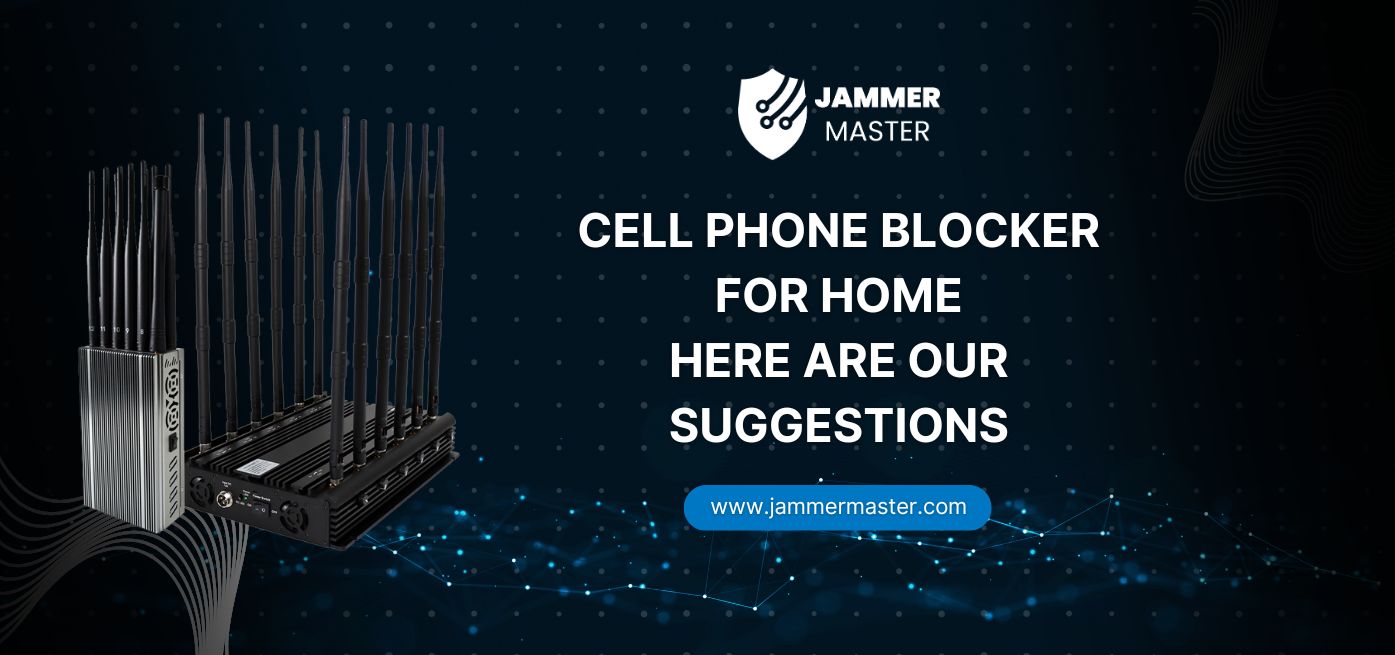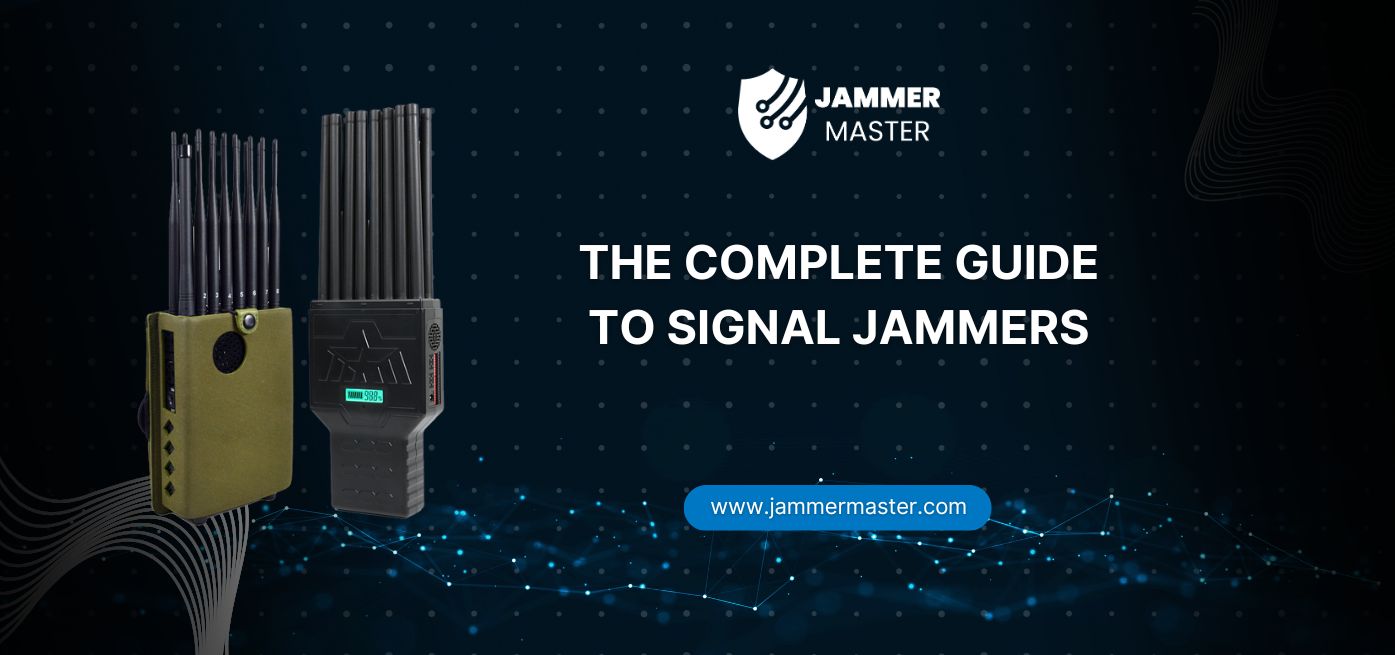
How to Build a GPS Jammer at Your Home
Here’s a step by step guide on how to build your own GPS jammer. Below are the main steps we are going to introduce in

Wireless signal blockers have emerged as a novel information security product, utilizing specific electromagnetic signals to create a shielding network in areas requiring protection. By preventing mobile phones from receiving data from base stations, these devices hinder the establishment of contact with the base station. This article explores the installation considerations for wireless signal blockers and addresses concerns regarding radiation and its potential impact on human health.
Wireless signal blockers, like any electronic product, emit some level of radiation. However, it is important to note that the radiation emitted by these devices is minimal and falls well below the national standards established for mobile phone radiation. In comparison to the constant proximity of mobile phones to our bodies, the radiation generated by wireless signal blockers is negligible. Therefore, the impact on human health is virtually non-existent.
Wireless signal blockers have emerged as a crucial tool in ensuring information security. By understanding the installation considerations and addressing concerns regarding radiation, users can confidently deploy these devices to protect sensitive areas. With their ability to shield wireless signals and prevent unauthorized access, wireless signal blockers play a vital role in safeguarding confidential information and maintaining privacy in an increasingly connected world.
Our frequency checker tool will help you check all frequency bands used in all country.

Here’s a step by step guide on how to build your own GPS jammer. Below are the main steps we are going to introduce in

In today’s digital age, our lives are more connected than ever before. We rely on our smartphones for communication, entertainment, and information. However, with this

Signal jammers are devices that deliberately transmit signals on the same frequencies as telecommunications and GPS devices, such as mobile phones, GPS trackers, and even

Understanding Signal Blocker: How It Works and Its Applications Signal Blockers are devices that can disrupt mobile phone signals, preventing them from connecting to base

The Application and Benefits of High-Power Signal Jammers Enhancing Signal Blocking Efficiency in Various Environments In today’s technologically advanced world, the need for effective signal

Considerations for Purchasing Exam Room Signal Jammers Ensuring Effective Signal Jamming for Exam Integrity As the year approaches its end, many schools are preparing for

The Importance of Monitoring and Signal Interference Measures During Examinations During examination periods, it is crucial to closely monitor the examination venues and their surrounding

Selecting the Appropriate Cell Phone Jammer for Theaters and Auditoriums Overcoming Challenges in Installation and Maximizing Signal Disruption The Importance of Cell Phone Jamming in

Remote Control of Cell Phone Jammers via Smartphone: A Possibility? With the rapid development of the Internet of Things (IoT), numerous smart home devices have

Supplying high quality signal jamming devices since 2010. The only jammer store you can trust.
Jammer Master © 2024. Premium Signal Jammer Supplier Since 2010.